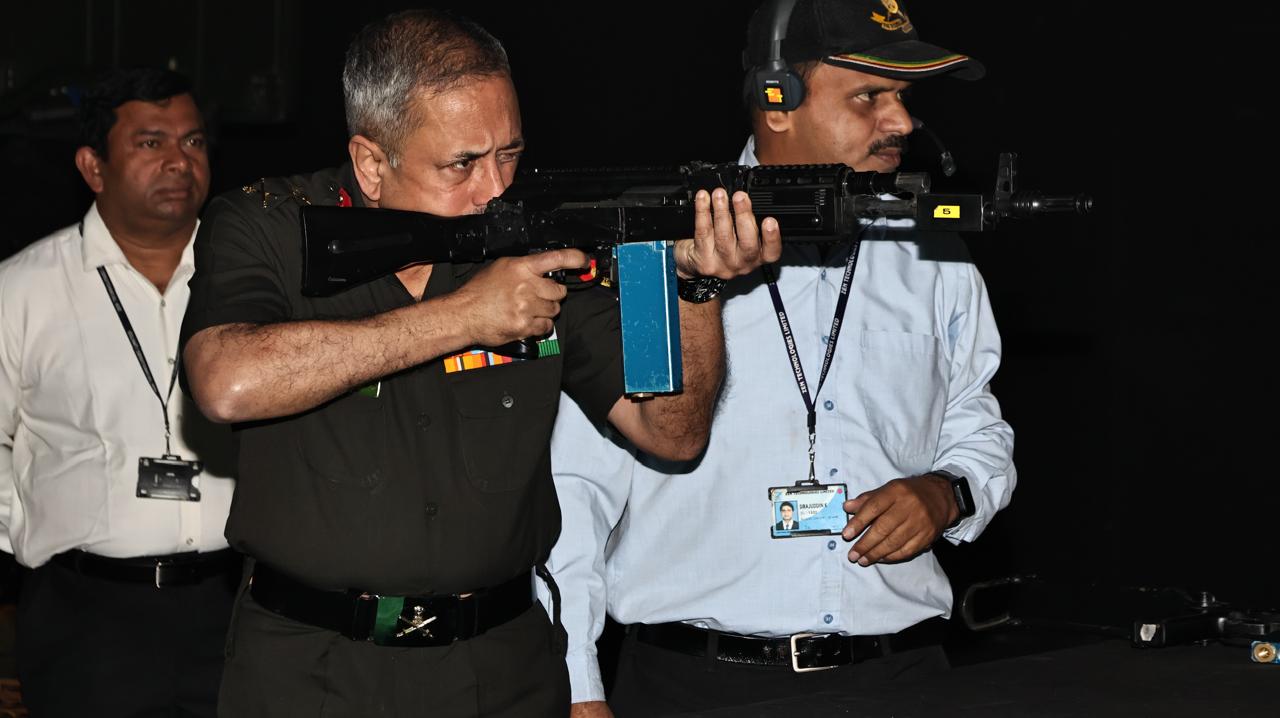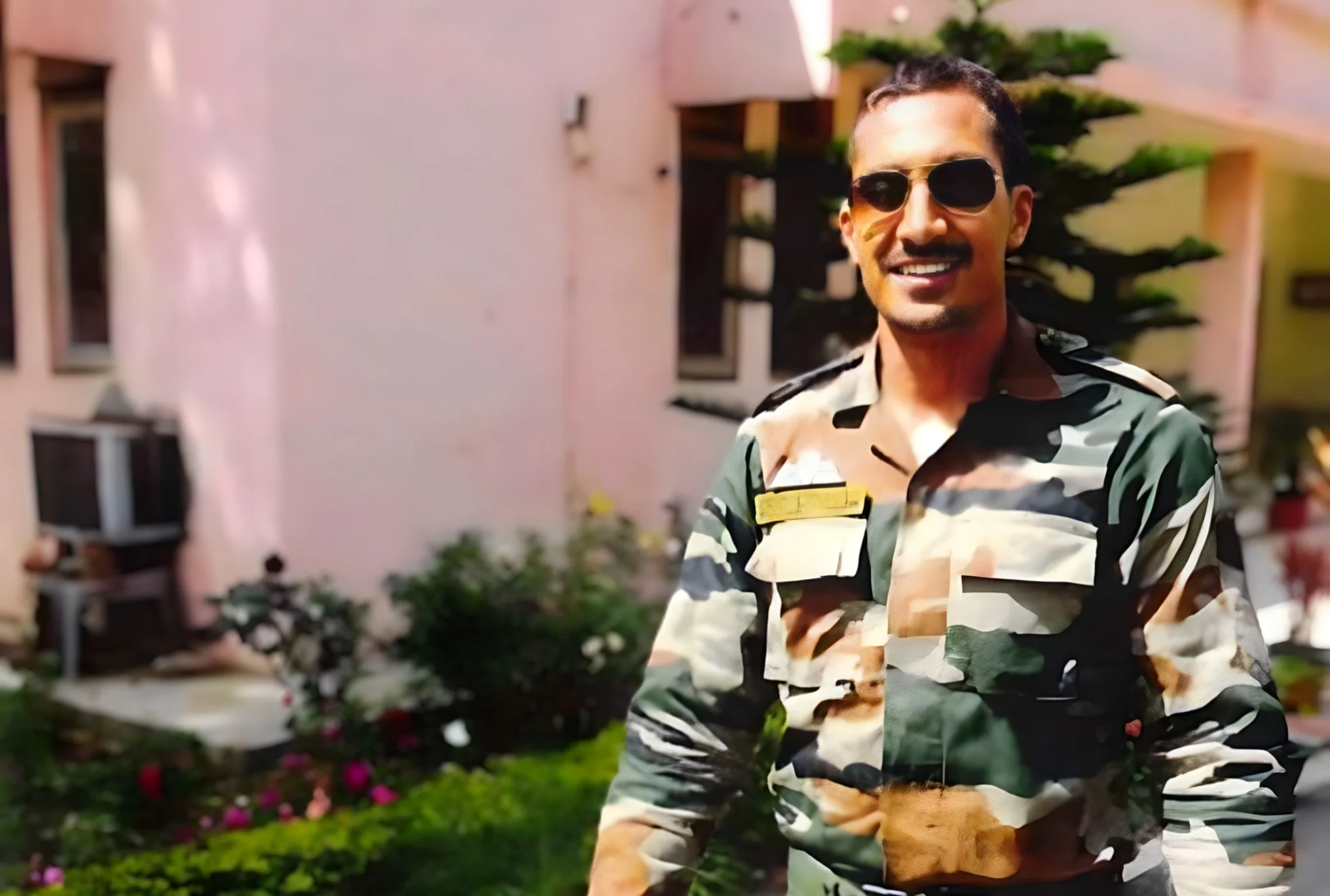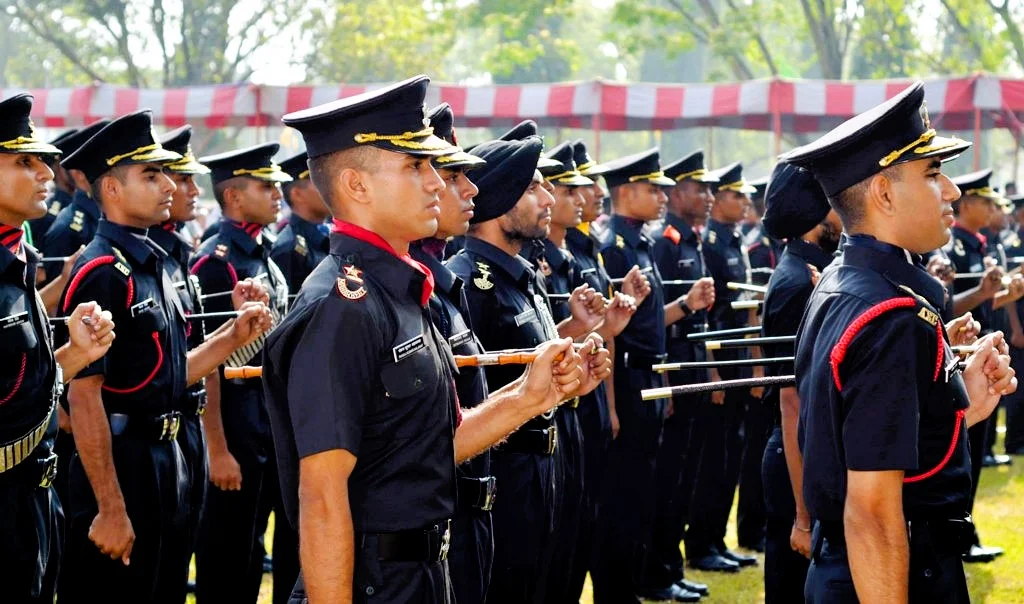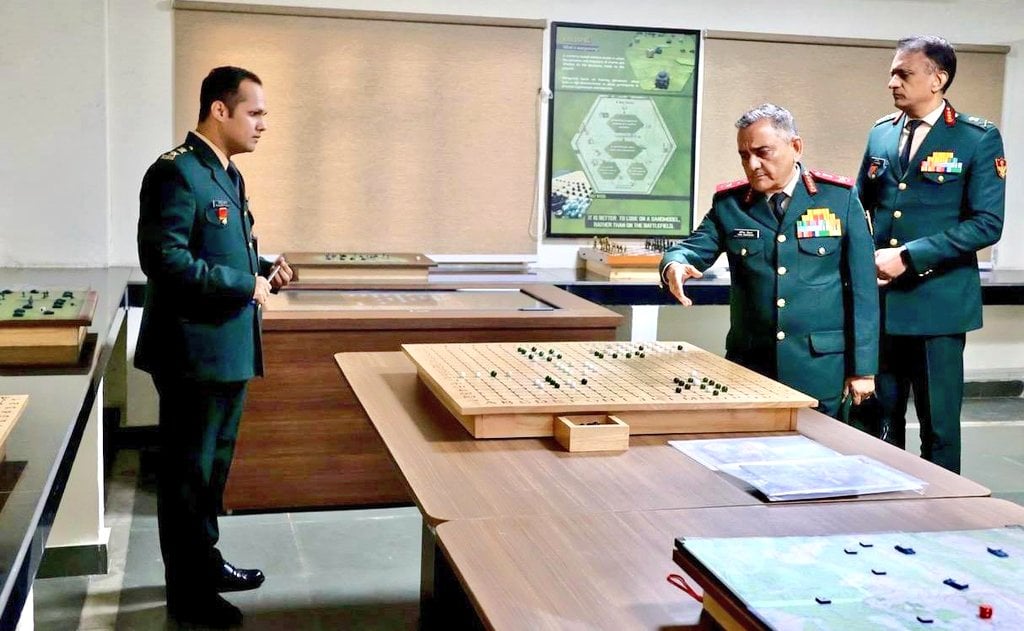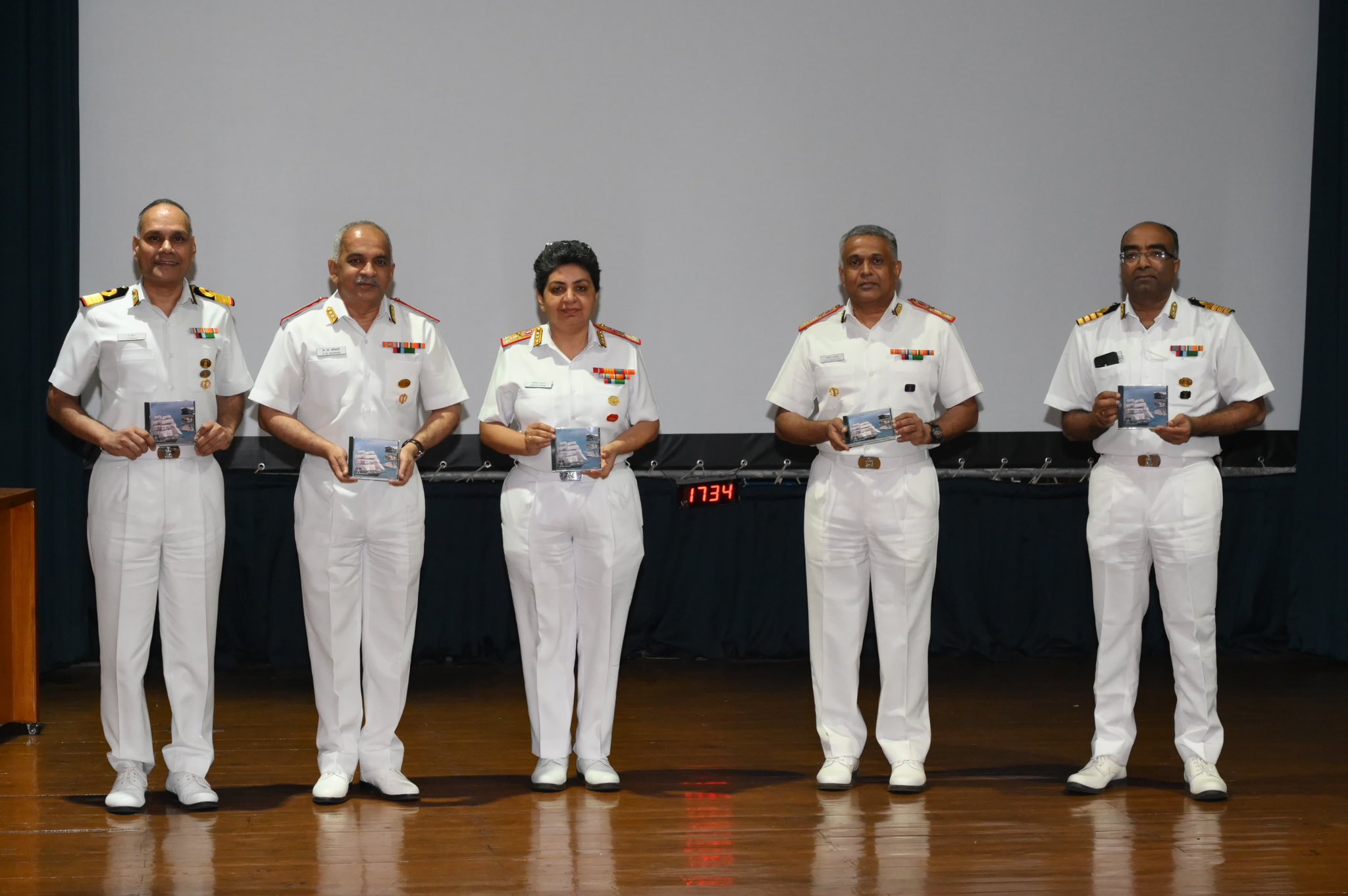Lieutenant General NS Raja Subramani Advances Atmanirbhar Bharat Through Defence Industry Engagement in Hyderabad
In a significant stride towards fostering a robust indigenous defence ecosystem under the Atmanirbhar Bharat initiative, Lieutenant General NS Raja…
CSD Car Price List 2025 – Canteen Stores Department Car Price List
Your dream car awaits at remarkable prices through the Canteen Stores Department (CSD). Defence personnel stand to gain an impressive…
How to Join RAW in India 2025
Serving one's nation at the highest echelons of intelligence and security is a dream cherished by many aspiring individuals across…
SSC Tech 65 and SSCW Tech 36 Notification Indian Army
The Indian Army has announced the 65th Short Service Commission Technical (Men) and 36th Short Service Commission Technical (Women) courses.…
General Anil Chauhan Visits Wargaming Development Centre, Emphasizes on Technology Absorption
In a significant move towards modernizing military strategies through technology, General Anil Chauhan, the Chief of Defence Staff (CDS) of…
Indian Navy Releases Journal of Marine Medical Society Issue 1 for 2025
The Indian Navy marked a significant event today with the release of the first issue of the Journal of Marine…

